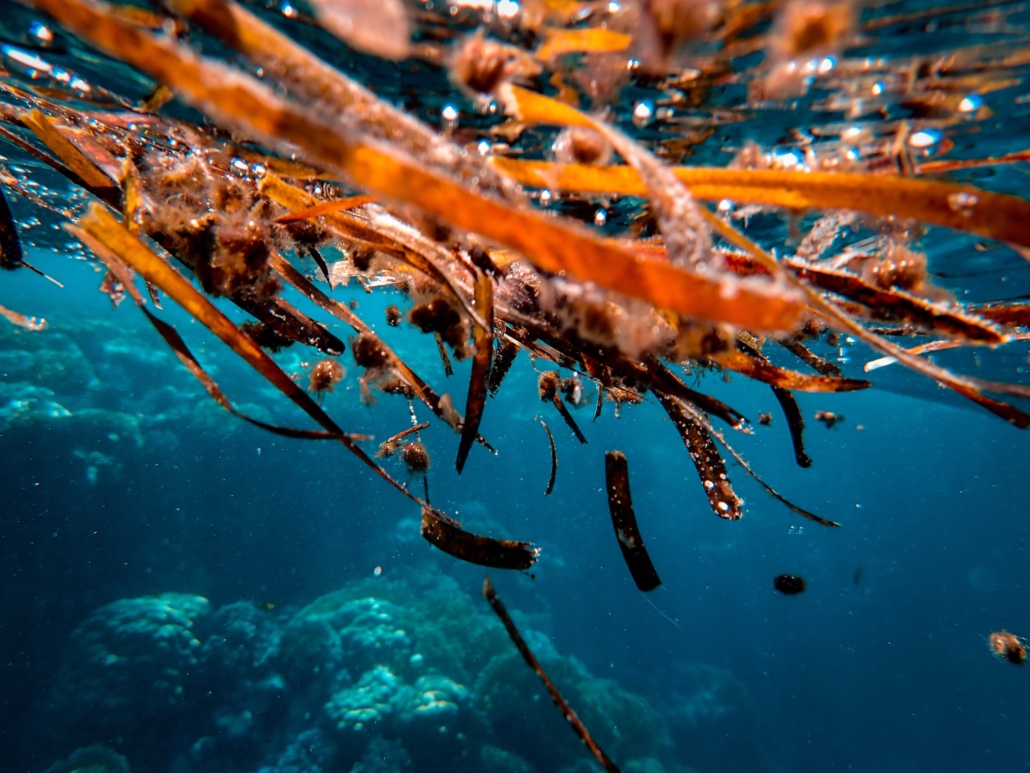
How do we produce the goods and services necessary for human well-being without destroying nature’s ingredients to that very same production process, all the while being fair and just to all?
There it is – another ‘million-dollar’ questions.
Yet, reading the news about climate crisis doom, donating to yet another horrible flood or drought response, or simply walking along a beautiful beach or a secluded forest while plastic litter crunches underneath our shoes and feet, makes this question, more often than not, seem too overwhelming and too complex to even attempt finding answers.
Academics and politicians have tried to conceptualize a way forward, commonly known as ecosystem-based management (EBM). The EBM approach depicts the independencies of the social (humans) and the ecological system (nature) with the goal to better inform natural resource use and management decision that are sustainable, i.e., that do not significantly harm an ecosystem’s integrity.
Practitioners wanting to translate this EBM approach into real day-to-day management quickly run into barriers though – there is too little information, the connections are highly complex and often unknown, coordination may not be inclusive enough or slow down effective and timely decision making, the dissonance of short and long-term objectives and discrepancy of geo-political and natural boundaries may prevent management along the entire system. The list of causes that limit EBM’s practical application is long.
HAEDES and its WABESCO project partners have taken on this challenge of translating theory into practice, and I am lucky to be joining them on this journey as a MSc thesis intern. I am working with a diverse group of experts ranging from ecologists, civil and AI engineers to environmental scientists and bioengineers. Combining this expertise, the WABESCO project will provide practitioners and decision-makers with easy-to-use tools to better inform the sustainable design of and decision-making over projects.
As part of my HEADES internship and the MSc in Coastal and Marine Management thesis I am writing, I will contribute to one of WABESCO’s exciting experiments to test network theory. The intent is to describe and analyze the complex links and interactions between the social and ecological systems encountering each other in the marine environment through multiple layers in a network.
At the moment, I am conceptualizing and prototyping a first iteration of such a multi-layer network specifically for offshore wind farm operations. Soon, I hope to be running a preliminary network analysis for test purposes as well. This prototyping or testing will provide valuable insights into what network theory can and cannot help with in terms of EBM. I intent to derive recommendations as well on how to standardize networks for the analysis of ecosystems and the services and goods we derive from them. The recommendations will inform the WABESCO project’s larger tool development efforts and subsequent iterations of the tools. Simultaneously, I hope to contribute to the wider academic discourse on operationalizing EBM in daily practice using network theory.
The HAEDES team and our partners have welcomed me openly and they are enthusiastic and motivated to make sustainable ecosystem services use a reality. Throughout this iterative tool development process, we are regularly meeting, discussing, and challenging each other with the goal to design the most user-friendly tools for stakeholders dedicated to the sustainable use of ocean resources. I am convinced that through our combined efforts, we will be able to answer parts of the ‘million-dollar’ question and I am happy to be part of this journey.
